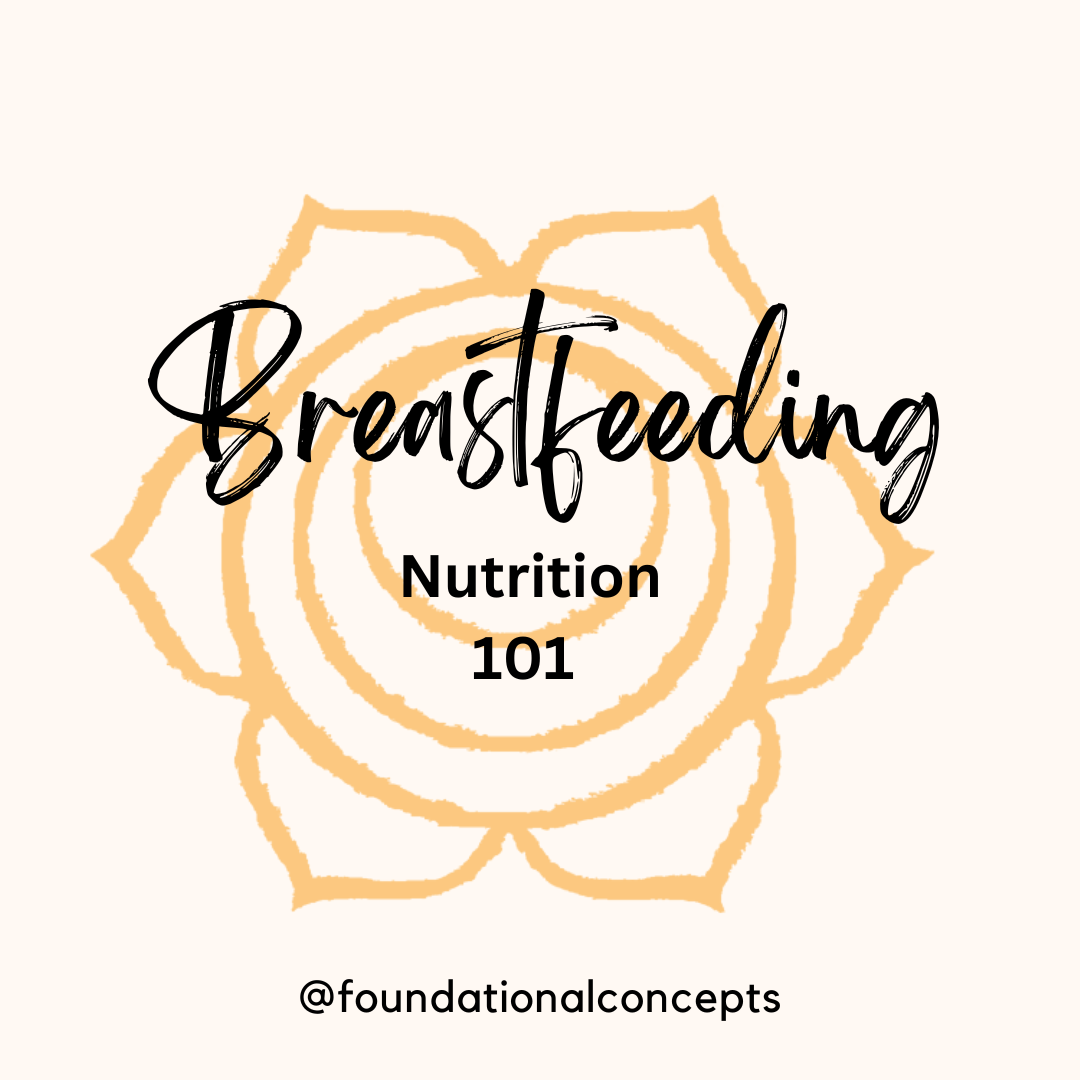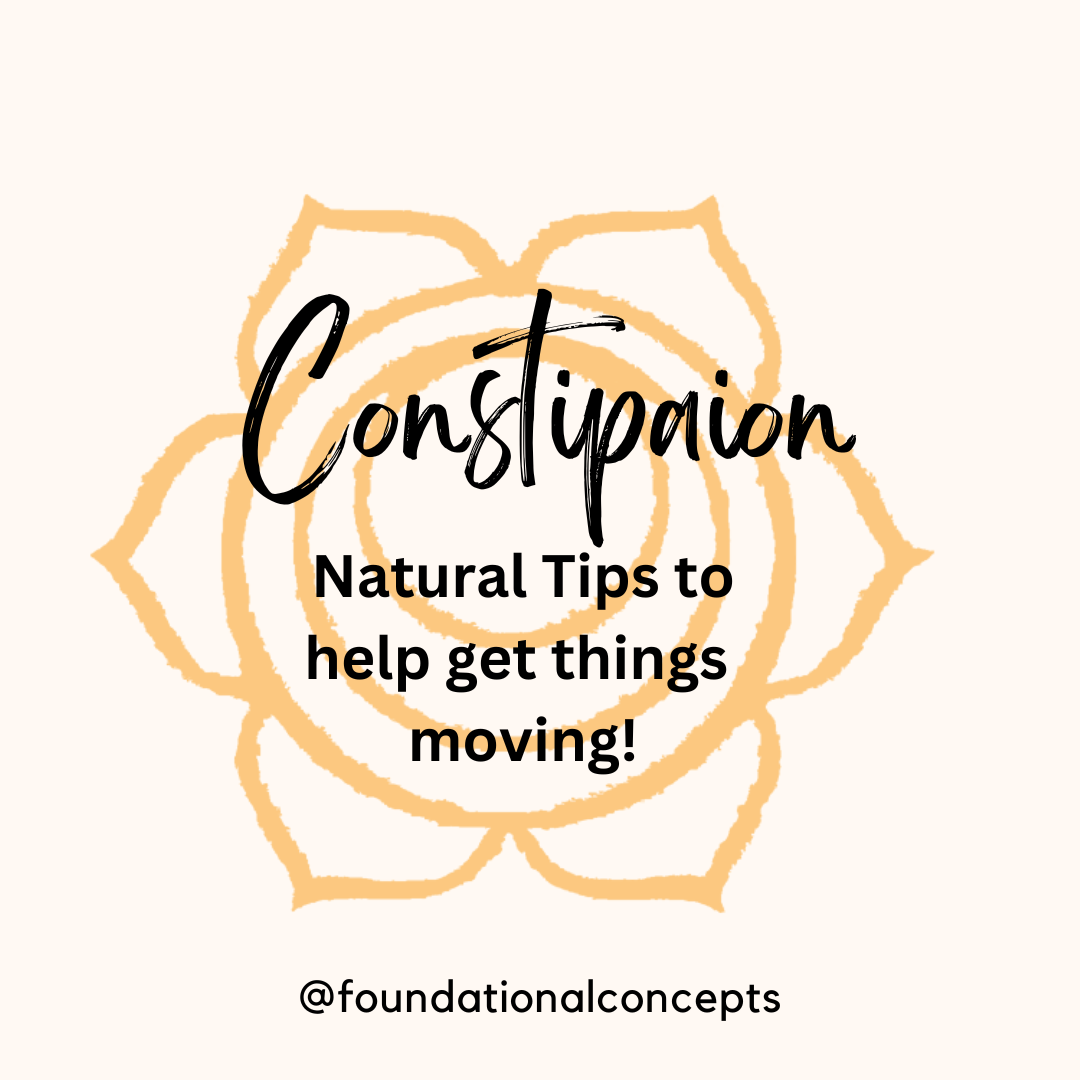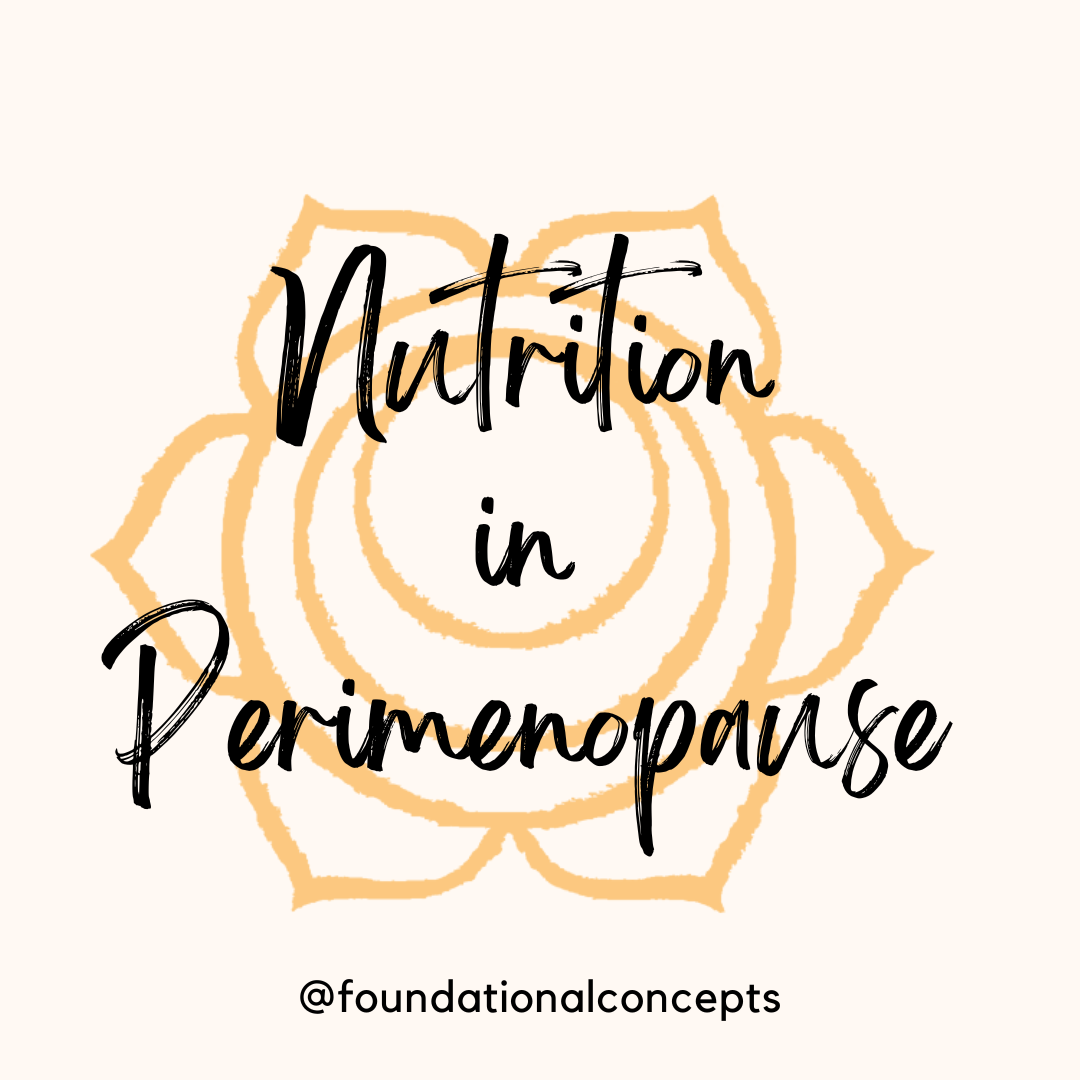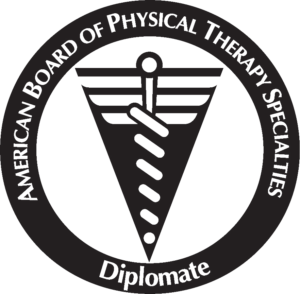Nutrition plays such an important role in our pregnancies and post-partum periods. Breastfeeding requires time…
What’s In Your Lubricant?
You consider what you put in your mouth, your ears, nose and eyes, but do you think about what might be lurking in the lubricant you put in your vagina? Well, you should.
I stumbled upon a study that looked at the composition of vaginal lubricants and moisturizers (yes, I am that much of a pelvic NERD). As I read it, I realized it would be great info to share in a blog. Many of us may use vaginal lubricants or be in need of vaginal moisturizers. There are many products out there that are NOT beneficial for our health. Knowledge and awareness are so important!
Many women have vaginal dryness. According to Palacios et al, 15% of pre-menopausal and 57% of postmenopausal women experience vaginal dryness. Vaginal dryness can cause pain with intercourse due to poor lubrication. It can also cause irritation and discomfort in the vulvo-vaginal area. While these symptoms are more common in women who are peri and postmenopausal, they can also occur in younger women due to cancer treatment, hormonal imbalances, lactation and certain medications.
If you find yourself with vaginal dryness, you aren’t alone. If you are a little shy about talking about it, you aren’t alone. Most studies find that these symptoms are under-reported: more than 1/3 of women who experience it won’t tell anyone. Unfortunately, most primary care providers are not comfortable asking about it either. LADIES!!!!! Can we please start talking about sex and our vaginas? Our vaginas are a body part like every other and in our lifetime A LOT goes on there. This makes it an important part of our health and happiness!
There are many options for personal lubricants and moisturizers, and like many products we are presented with, we have to read labels and be informed. Let’s start with the difference between a lubricant and a moisturizer. A lubricant is needed during sex, it acts rapidly and is most beneficial when you have pain or irritation only during sex. Vaginal moisturizers are absorbed and replace natural vaginal secretions. Moisturizers need to be applied regularly, every 2-3 days. Moisturizers are beneficial for women who have pain with sex, but also who experience day to day discomfort in the vulvo-vaginal area.
Your vagina is an amazing place! Estrogen helps the vagina keep a low pH (acidic) and a level of good bacteria to fight off infection, keep sperm alive and swimming, and keep your tissue layers healthy and happy. When estrogen is depleted (Menopause, cancer treatment, hormonal imbalances) we can develop atrophy and irritation in our vulvar and vaginal tissues. Bring on the lubricants and moisturizers! Certain personal lubricants and moisturizers have been found to be very detrimental to the vaginal pH and bacterial balance and have been found to damage the tissue lining. What does that mean? It means that these products can actually make you susceptible to bacterial infections and sexually transmitted diseases, feed yeast, break down your tissue layers, and impair sperm motility. Yes, that’s right – certain lubricants can slow down your partner’s swimmers. If you’re trying to get pregnant, obviously this isn’t helpful.
Some ingredients to avoid in lubricant and moisturizers are: Parabens, Glycols, microbicides and preservatives (nonoxynol-9, chlorhexidine and polyquarternium-15). Watch out for these in your ingredient list.
Other factors found to be important in the study were the pH and osmolality score. Here are some brands that are good and some that should be avoided.
The Good List
YES
Good Clean Love
System Jo Personal Lubricant
YES Vaginal Moisturizer
Restore
Balance Activ Vaginal Moisturizer
The Bad List
KY Jelly Lubricant
Astroglide
REplens vaginal moisturizer
RePhresh Vaginal Gel
ID Glide
The article also gave some recommendations for choosing a lubricant or moisturizer based on your symptoms. Check out the list below to help you choose a product that will be helpful and not harmful to your lady parts.
DAILY PAIN
- Vaginal moisturizer to rehydrate tissues and reduce infection risk
- YES Vaginal Moisturizer
- Balance Activ Vaginal Moisturizer
PAIN WITH SEX
- Vaginal lubricant to reduce irritation of tissues during sex
- YES Vaginal Lubricant
- Good Clean Love
- System Jo Personal Lubricant
PAIN AFTER CANCER TREATMENT
- Paraben Free lubricant to reduce irritation to tissues
- YES vaginal lubricant
- Good Clean Love
- System Jo Personal Lubricant
The basic recommendations from the study were that we need to talk to each other about these issues, we need to talk to our doctors about them, and our doctors need to know more about what to recommend. I have sited the article for reference.
Sex shouldn’t hurt, and your vagina shouldn’t either. If you have symptoms of pain with sex, pain, burning or discomfort in your vulvar and vaginal tissues, pain or bleeding with wiping or exams or intercourse – you should seek help. Often you just need some new management strategies to help you understand what to do for your tissues. As we age, things change and we may not be able to ignore these areas anymore. A little up-keep can go a long way for improving sex and quality of life.
For more information or to answer questions you may have, we offer a free phone consultation to help you discover if our specialty services may be right for you.
–Sarah Dominguez, PT, MSPT, CLT, WCS, CMTPT
- Edwards, D. & Panay, N. Treating vulvovaginal atrophy/genitourinary syndrome of menopause: how important is vaginal lubricant and moisturizer composition?, Climacteric, 2016 Vol 19. No. 2, 151-161




